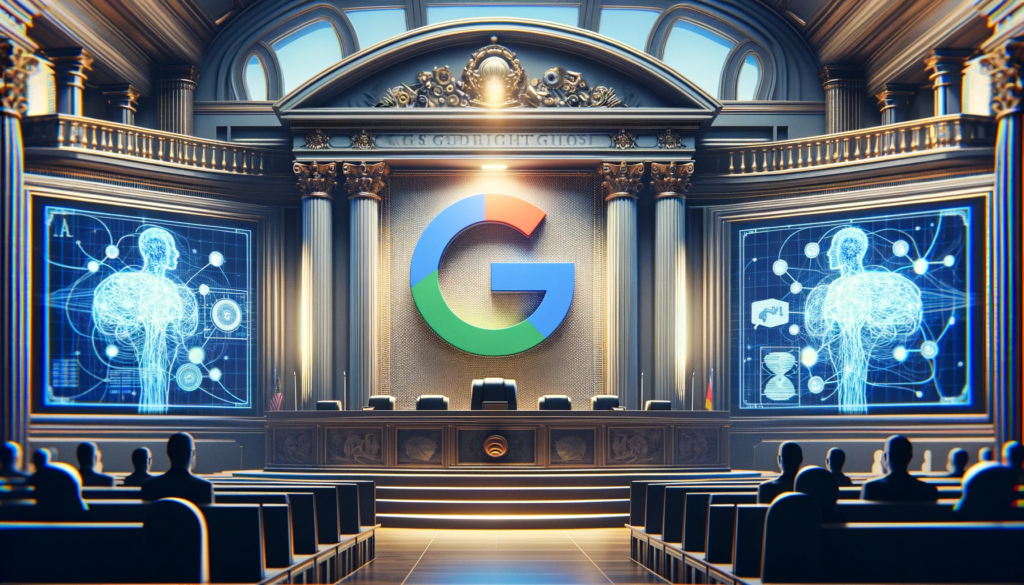
Google’s Alleged Patent Infringement
Google is currently embroiled in a high-stakes legal battle, accused by Singular Computing of infringing on patents critical to AI functionalities in its flagship products. Singular Computing, a company founded by renowned computer scientist Joseph Bates, asserts that Google’s Tensor Processing Units, essential for AI operations in Google Search, Gmail, and Google Translate, are based on its patented technology. This accusation puts Google at the centre of a potentially transformative legal dispute, highlighting the increasing importance of AI technology in major digital platforms. The outcome of this case could set a significant precedent in how AI-related patents are handled in the tech industry.
Google’s Defense Strategy
In response to these allegations, Google has categorically denied any infringement, labelling Singular’s patents as questionable. The tech giant maintains that its Tensor Processing Units, pivotal in AI advancements, were independently developed over several years, a point they are keen to prove in court. Google’s defence hinges on demonstrating the originality of its AI technology, a move that could influence future innovation in the sector. The company’s stance challenges Singular’s claims and underscores the complexity of patent law in the rapidly evolving field of artificial intelligence.
The Stakes: A Record-Breaking Damages Claim
The lawsuit has escalated into one of the most significant in the tech industry, with Singular Computing demanding up to $7 billion in damages. If the court rules in Singular’s favour, this could result in the most significant patent infringement payout in US history, setting a precedent in the tech world. This high-profile case reflects AI technology’s immense value and competitive nature in the global market. The verdict could ripple effect, influencing how tech companies approach innovation and protect their intellectual property.
Details of the Trial
The trial will unfold over two to three weeks in a Boston federal court and will scrutinize whether Google’s TPUs, particularly versions 2 and 3, infringe upon Singular’s patents. Central to the trial is Google’s argument that their TPUs function distinctly from Singular’s patented technology, challenging the patents’ validity. The trial is not just a legal confrontation but a showcase of the intricate technicalities of AI technology. It critically examines the boundaries of intellectual property rights in the ever-advancing field of technology.
Parallel Legal Proceedings
Simultaneously, a separate but related legal proceeding is taking place in a US appeals court in Washington, focusing on the validity of Singular’s patents. This case, appealed by Google from the US Patent and Trademark Office, adds another layer of complexity to the ongoing patent dispute. The parallel proceedings underscore the multifaceted nature of patent litigation, especially in high-tech sectors. The decisions made in these courts could have significant implications for how patents are interpreted and enforced in advanced technology.
This landmark trial underscores the intricate dynamics of AI technology and intellectual property rights. It signals a pivotal moment in the tech industry, where the outcomes could have far-reaching implications for future innovations and patent litigations. Industry experts closely watch the case and could potentially reshape the landscape of AI development and patent law.
Source Links:
- MSN – Google sees multibillion-dollar US patent suit related to AI technology
- Channel News Asia – Google faces multibillion-dollar US patent trial over AI technology
- Republic World – Google faces landmark multibillion-dollar patent trial in US over AI
- MSN – Google Faces Multibillion-Dollar AI Patent Trial
- Reuters – Google faces $1.67 bln damages demand at AI-related patent trial
